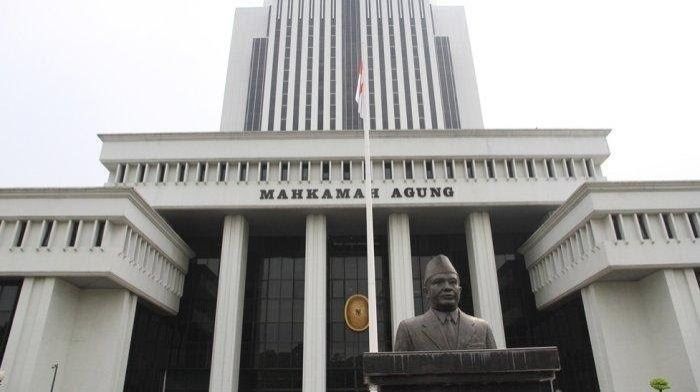Supreme Court bans interfaith marriages
The Supreme Court issues a new order for lower courts not to accept interfaith marriages. In a previous ruling in January, it rejected a petition from a Christian man to revise the existing marriage act so that he could marry his Muslim fiancée. For human rights groups, this is a step backwards in law.
Jakarta (AsiaNews/Agencies) – The Supreme Court of Indonesia has ruled that lower courts cannot accept requests to register marriages between people with different religious beliefs.
To ensure that its ruling is clearly known, the Court issued a letter signed by Supreme Court Chief Justice Muhammad Syarifuddin, ordering lower courts to uphold Article 2 of the 1974 Marriage Law, which legalises only marriages within the same religion.
Under this law, Muslims can register their union with the Religious Affairs Office, while others must turn to the Civil Registry Office. The possibility of interfaith marriage is not considered.
Yet, despite this, a legal precedent exists. In 1986 a Supreme Court ruling granted a Muslim woman the right to register her marriage to a non-Muslim man with the Civil Registry Office.
Last month, a district court in Jakarta did just that, granting a couple – a Christian man and a Muslim woman – the right to register their marriage. Its presiding judge, Bintang AL, argued that interfaith marriage is reasonable and likely to happen given the heterogeneity of the country’s population.
The Indonesian Ulama Council (MUI) came out against the lower court’s decision; for this reason, it praised the Supreme Court's ban, claiming that it clarifies the jurisprudence on the subject and fills in any legislative gap.
“All parties must obey the circular, especially judges who don’t understand or pretend not to understand the Marriage Law,” said MUI fatwa head Asrorun Ni’am in a statement on Tuesday.
Human rights groups disagree, slamming the Supreme Court’s decision, because it “closes any progress made by the state’s judicial institutions in guaranteeing the rights of citizens from various backgrounds,” Setara Institute executive director Halili Hasan said on Wednesday.
For Ahmad Suaedy, a lecturer at Nahdlatul Ulama Indonesia University in Jakarta, the Supreme Court’s ruling was not necessary since various interpretations of interfaith marriage exist within Islam.
The case in question is also not unprecedented. Last January, the Constitutional Court rejected a petition calling a for a revision of the interfaith marriage provision in the 1974 Marriage Law.
E. Ramos Petege, a Catholic man from Papua, filed the petition in order to marry a Muslim woman with whom he had been in a relationship for three years.
Notwithstanding all the legal aspects of the case, the lack of legal recognition can cause difficulties in terms of marital rights, inheritance, and access to social benefits.
21/11/2025 15:19







.png)










